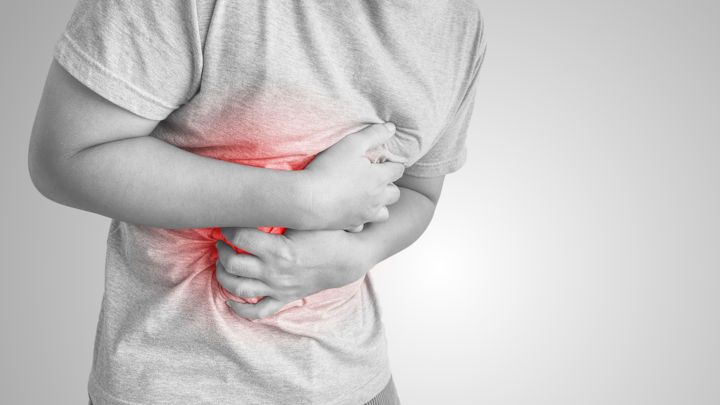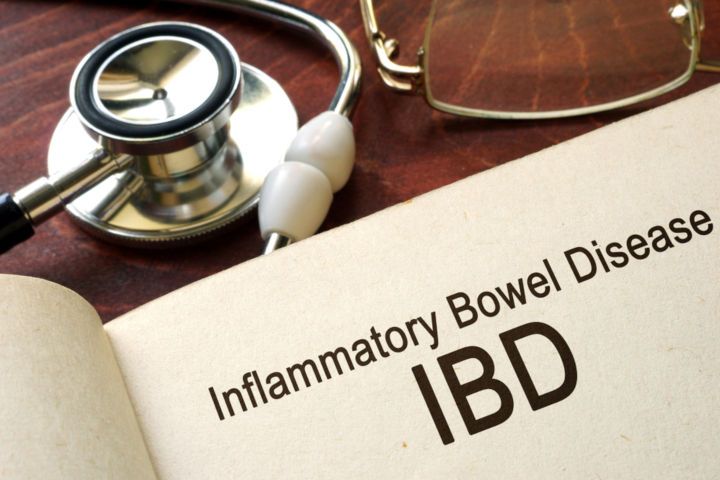We’re all victims of stress and fast-paced lifestyles. Each day is hectic in its own way and keeping up isn’t easy fosho. Especially if you’re constantly unwell or not feeling energetic enough. Our immunity pretty much goes for a toss when we eat out often, don’t exercise or when stress-out too much, leading to our health taking a toll. Today, we’re going to talk about one such disease—IBD (Inflammatory Bowel Disease). If you’re suffering from it, or know someone who is, here’s everything you need to know plus things you need to avoid eating to ease your system during a flare.
What is IBD?
IBD includes two diseases that cause inflammation of the gastrointestinal track—Crohn’s Disease and Ulcerative Colitis. Crohn’s disease affects anywhere from the gastrointestinal tract to the anus. In Ulcerative Colitis, ulcers spread from the small intestine and to the colon.
The symptoms
The symptoms for IBD are diarrhoea, bleeding stools, excessive weight loss, stomach cramps and bloating of the belly.

The causes
The medical industry has still not been successful in diagnosing why IBD occurs. But there are certain factors that might play a role in it like immunity, genetics and viruses. It is often caused when the immunity of the body thinks the virus is a part of the body and does not fight it.
Foods you should avoid
We got in touch with Dr Keyur A. Sheth, who is a well-known gastroenterologist and specialises in IBD and other such intestinal diseases. He gave us a low-down on what a person should avoid eating when there is an IBD flare-up.
1. Dairy products
These products contain lactose that is hard to digest and can irritate the bowel movement. Avoid eating dairy products like milk, cream, cheese and yoghurt that contain this enzyme.

2. Whole grains
Foods like brown rice, quinoa and oats. Stay away from whole grains like barley and wheat too. Stick to well-cooked white rice instead because whole grains contain a tonne of fibre that can trigger a flare-up.
3. Fried & spicy food
Eating fatty foods like fries, fried chicken and anything with too much butter or oil can cause diarrhoea that is the worst thing during a flare-up. Spicy food doesn’t cause a flare-up but definitely makes it worse and could cause massive abdominal pain.
4. Nuts
Nuts like almonds, pistachios, walnuts and peanuts as they are fibrous and are hard to digest.
5. Fruits that are high on fibre
Foods that are high on fibre are absolutely off limits for patients suffering from IBD. These fruits can be had as juices and fruits that have been cooked until soft are allowed. Also, avoid most fruits whose seeds can’t be removed (like strawberries).

6. Raw veggies
While vegetables are nutritious, they are not the best option for IBD patients. Especially avoid the leafy green veggies and only eat them if they are well-cooked until soft as nutrition from these vegetables are actually required by the body. The best way to consume them is in the form of a home-cooked soup.
7. Coffee
Coffee could trigger a flare-up because the caffeine in it can lead to diarrhoea. Coffee also induces stress and anxiety that are massive triggers of IBD. And lastly, for someone who needs all the rest possible, drinking coffee is not the best option.
If you’re an IBD patient and feel a bit sulky after reading this mammoth list, don’t lose hope just yet. There are many foods you can totally enjoy hassle-free. You can eat canned fruits, fish, eggs, chicken, peanut butter, white pasta and white bread too!

Once you calm the flare-up, take at least a four-week break from the foods we’ve advised you to avoid. After that, start adding a bit of high-fibre foods to your diet in order to protect the colon tissue health.
While IBD is chronic, it can be treated if not cured completely. The flare-up will eventually calm down, but to not relapse, one should exercise, eat the right food and stay away from stressful environments. If you suffer from either of the two IBD diseases, we suggest you head to a specialist for them to guide you with the right medication and dietary plans.
Don’t forget to follow us at @missmalinilifestyle to never miss a beat!

